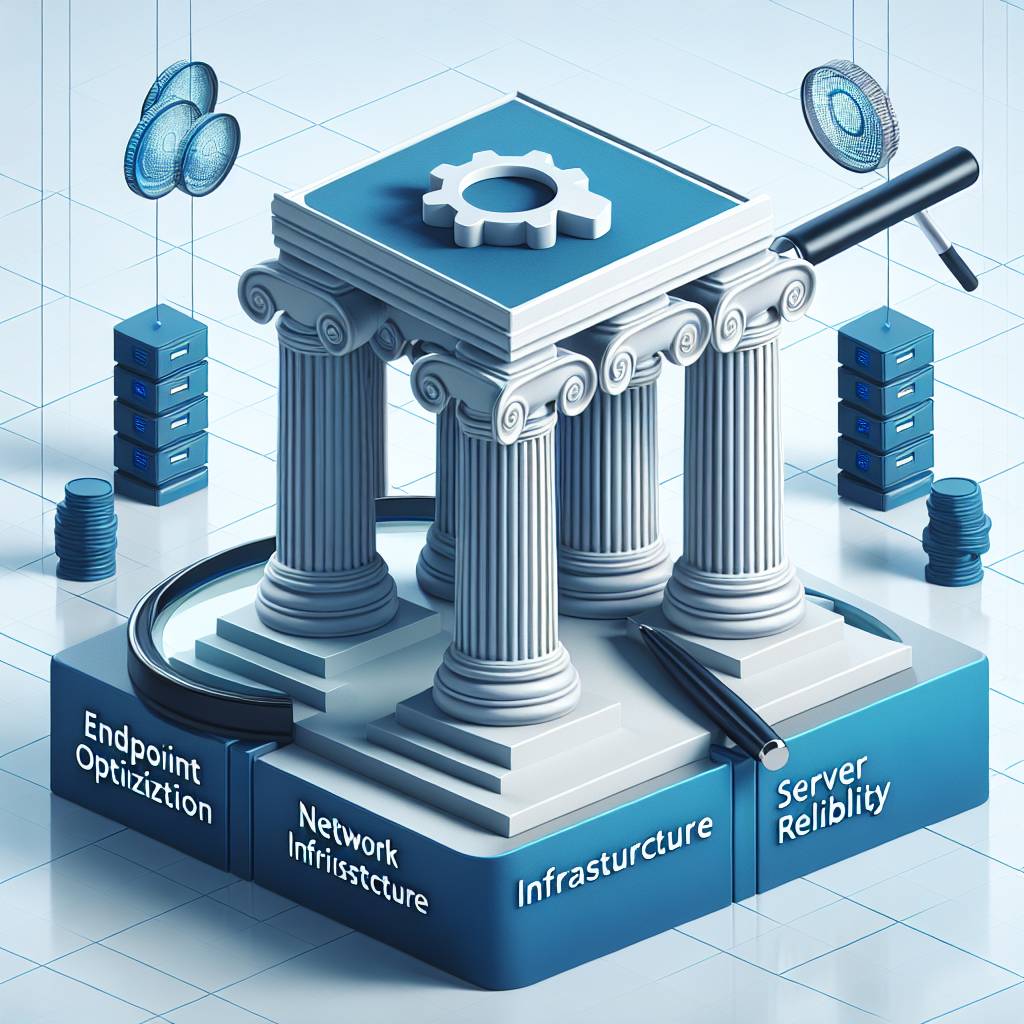In today’s digital age, data centers play a crucial role in the operation of businesses. They store and manage vast amounts of data, ensuring that it is secure, accessible, and reliable. However, as technology evolves and data centers grow in complexity, it becomes essential for businesses to regularly perform audits to ensure their data center is operating efficiently and effectively. Here are some top considerations for performing a data center audit:
1. Security: One of the most critical aspects of a data center audit is ensuring that security measures are in place to protect sensitive data. This includes physical security, such as access controls and surveillance cameras, as well as cybersecurity measures like firewalls, encryption, and intrusion detection systems.
2. Compliance: Data centers must comply with various industry regulations and standards, such as GDPR, HIPAA, and PCI DSS. During an audit, it is crucial to ensure that all compliance requirements are being met to avoid potential legal and financial consequences.
3. Infrastructure: The physical infrastructure of a data center, including power supply, cooling systems, and networking equipment, must be regularly inspected to ensure it is functioning properly. Any issues or potential points of failure should be identified and addressed promptly.
4. Data backups and disaster recovery: Data backups are essential for ensuring that data can be restored in the event of a disaster or system failure. During an audit, it is important to verify that backups are being performed regularly and that disaster recovery plans are in place and tested regularly.
5. Capacity planning: As data centers grow and evolve, it is crucial to regularly assess capacity requirements to ensure that the data center can accommodate future growth. This includes evaluating power and cooling requirements, as well as storage and networking capacity.
6. Performance monitoring: Monitoring the performance of servers, storage devices, and networking equipment is essential for identifying bottlenecks and optimizing the efficiency of the data center. During an audit, performance metrics should be reviewed to identify any issues and make necessary adjustments.
7. Documentation: Keeping thorough documentation of all data center processes, procedures, and configurations is essential for ensuring the smooth operation of the data center. During an audit, it is important to review and update documentation to ensure it is accurate and up to date.
In conclusion, performing regular data center audits is essential for ensuring the security, compliance, and efficiency of a data center. By considering these top considerations during an audit, businesses can identify potential issues, address them promptly, and ensure the smooth operation of their data center.

Leave a Reply
You must be logged in to post a comment.